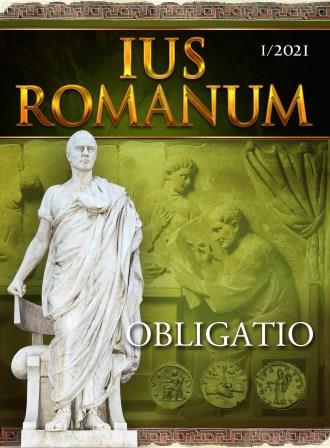РАЗМИСЛИ ВЪРХУ ПОНЯТИЕТО DAMNUM: DAMNUM И ВРЕДА, ИСТОРИЯТА НА ДВАМА „ФАЛШИВИ СРОДНИЦИ?
REFLEXIONS ABOUT DAMNUM: DAMNUM AND DAMAGE, THE HISTORY OF TWO FALSE COGNATES?
Author(s): Jean-François GerkensSubject(s): Law, Constitution, Jurisprudence, History of Law, Constitutional Law, Criminal Law, Civil Law, International Law, Human Rights and Humanitarian Law, Law and Transitional Justice, Law on Economics, Canon Law / Church Law, EU-Legislation, Sociology of Law, Maritime Law, Commercial Law, Sharia Law, Comparative Law, Administrative Law, Labour and Social Security Law, Roman law
Published by: Софийски университет »Св. Климент Охридски«
Keywords: Legal terminology; legal concepts; Latin language; harm; damnum.
Summary/Abstract: The article raises the question of two legal terms - harm (dommage in French) and damnum (in Latin): whether they are so-called in linguistics "false cognates"? If we look at the dictionaries of two modern languages, in such way are called words that are very similar in appearance but different in meaning. The interpretation of the difference in word formation and meaning can sometimes be explained by differences in the evolution of the two words, which could have a common etymological origin. The peculiarity of the case considered here is obvious in the fact that one word originates from another and it is not a question of parallel development. The question also arises as to whether the evolution of the word has given it a new meaning different than that which it had in Latin. The purpose of this brief research is not a philological or an etymological study of the subject, but to examine whether every time the Roman jurists speak of damnum it necessarily corresponds to the concept of harm (dommage) in the French language.
Journal: IUS ROMANUM
- Issue Year: 2021
- Issue No: 1
- Page Range: 548-572
- Page Count: 25
- Language: Bulgarian

